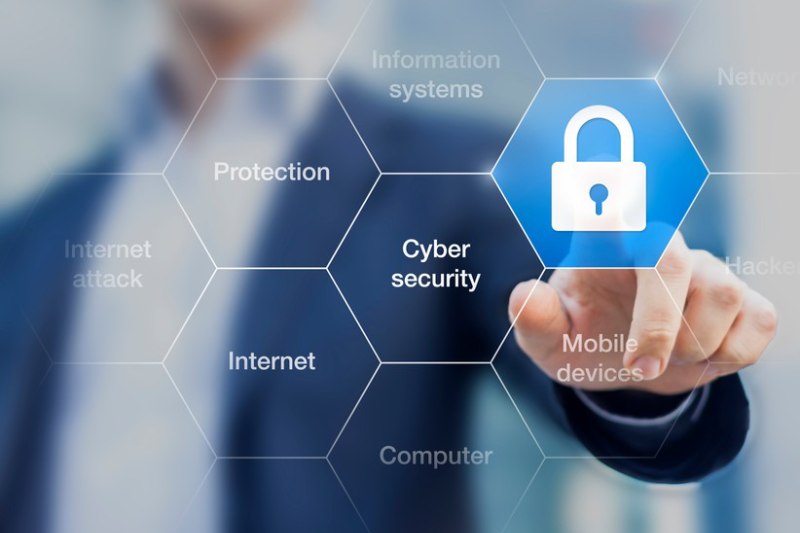
Cyberattacks can happen to you when utilizing public Wi-Fi. Hackers can gain access to devices and steal confidential information by inadvertently joining a rogue network.
Phishing scams can happen to anyone who use internet banking. Fraudsters can ruin a company’s finances by intercepting financial information over the phone using an OTP. From the victim’s point of view, ignorance is predominant in both cases.
Cybercrime is on the rise as the globe becomes more and more dependent on digital technologies; in 2023, there will be a notable spike in attacks that will impact over 343 million people.
Between 2021 and 2023, the number of data breaches increased by 72%, breaking previous records. With 35% of malware being distributed over email in 2023, e-mail continues to be a top target for cybercriminals despite being utilized for both personal and business communication worldwide.
Cyberattacks have a significant financial impact; in 2022 alone, damages from hacked company emails totaled $2.7 billion, while the average data breach costs $4.45 million. The need for cybersecurity awareness is crucial, as seen by these disturbing numbers, which show that ransomware assaults increased by 150% in 2020 and that ransom demands reached hundreds of millions of dollars. Global cybercrime expenditures surpassed $1 trillion in 2020.
Cybersecurity guards against theft, damage, and illegal access to computers and other digital systems, networks, and data. It includes a range of technological solutions for data protection and thwarting online attacks.
On the other hand, digital identity refers to the digital embodiment of a person, thing, or gadget on the internet. It consists of the distinct qualities, authorizations, and data linked to an organization’s internet presence, such as digital certificates, biometric information, and usernames and passwords.
Cyberthreats include virus attacks, phishing schemes, hacking, and data breaches are common targets for victims. They might experience monetary losses, identity theft, reputational harm, and business interruption as a result of their compromised digital security.
Due to a human error in its system, First American Financial Corp. suffered a huge data leak in 2019 that exposed private customer information. In 2018, Quora experienced a significant data breach that impacted millions of users, underscoring the importance of maintaining strong password hygiene.
In terms of cybersecurity, digital identity protection is crucial.
Start with passwords. Making a strong password with distinct characters helps keep one’s accounts safe. Maintaining a regular backup of one’s computer files guarantees that information is safe in the event of a hack.
When using public wireless networks to access websites or services, be cautious since these might serve as havens for cybercriminals.
Upgrade the default passwords on wireless routers to more secure options to bolster their defenses.
When making purchases online, try to deal with reliable retailers. Choose safe ways to make payments, such as credit cards or online services, and keep an eye out for any anomalies in the financial statements. When disclosing sensitive information online, be sure to look for HTTPS protocols and locked padlock icons. You should also avoid sending financial or social security numbers through email or other correspondence.
Use caution when using social networking sites, sharing as little or no personal information as possible. On social media, one should keep their birth certificate number, passport, driving license, and national ID card private.
When not in use, turn off Bluetooth and Wi-Fi, and make sure to properly dispose of gadgets by cleaning them before throwing them away.
Adhering to recommended practices in all areas of digital engagement and taking a proactive stance are necessary for protecting your digital identity. By putting these crucial suggestions into practice, one can strengthen their defenses and navigate the digital environment with assurance and security.
A Complete Summer Skincare Guide by Blossom Kochhar Aroma Magic Summer is not just a… Read More
The United Arab Emirates has emerged as a global hotspot for luxury travel, attracting visitors… Read More
Google is introducing the standalone Gemini Enterprise app for Android, which will deliver its corporate-grade… Read More
Digital payments have changed how we handle money. Whether you are paying for a small… Read More
Taking care of your health and well-being doesn’t have to mean dramatic changes or strict… Read More
We often talk about growing up as if emotions mature on a perfect timeline, children… Read More